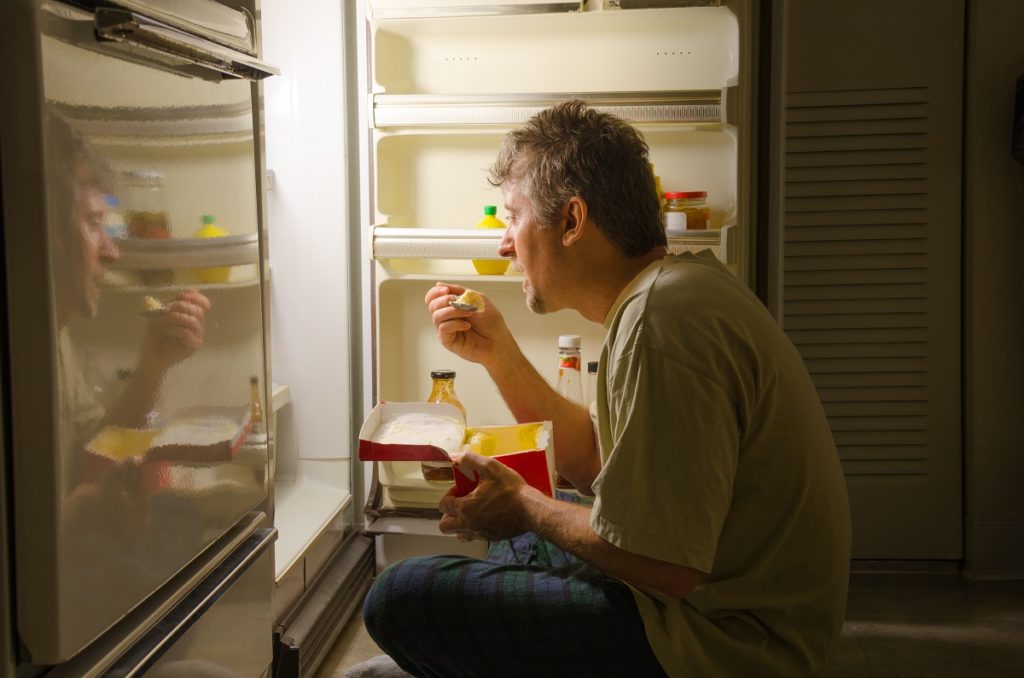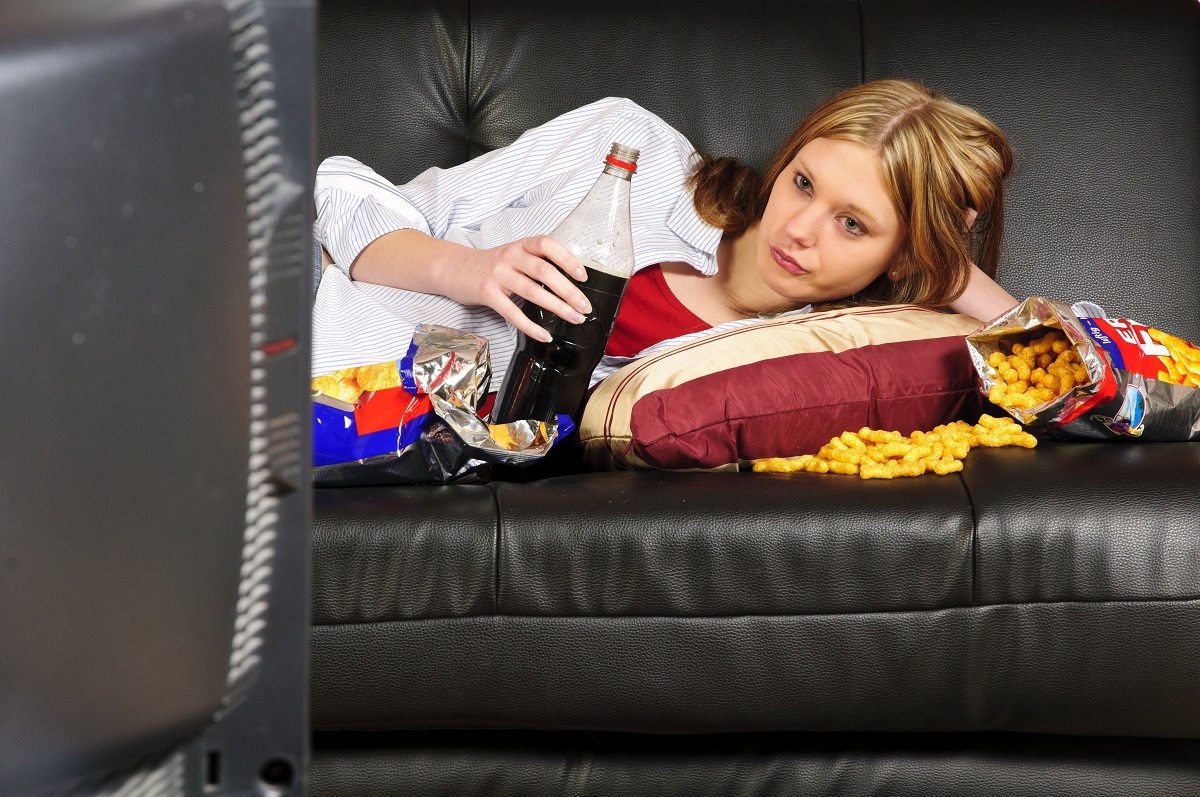As cliché as it sounds, no two recovery journeys are the same.
Experts themselves declare that there’s no magic cure nor a fool-proof timetable to healing from a binge eating disorder. Each one has a unique experience of the condition and an equally unique way out of the rabbit hole.
Your relapse is but part of that exit strategy.
If you wake up and see evidence of your binge-eating — candy wrappers strewn about, dirty dishes in the leaving room, empty soda bottles on the floor — take deep breaths and don’t be too hard on yourself. Yes, the relapse feels demoralizing, and it can make all the progress you’ve made seem worthless.
Often, however, relapses are part of the natural process of moving on. Sometimes, you have to take one step back so you can take two steps forward.
Relapses Can Be Part of Your Recovery
For people who struggle with the disorder, binge-eating is a way of coping with life’s challenges. It’s so ingrained in their systems that eating large amounts of food has become their go-to solution for the problems they face.
It is, admittedly, hard to let go of the one thing that has given you comfort throughout everything.
Understand, though, that relapse doesn’t mean you’ve fallen back into the abyss. It’s not a lack of strength, nor is it a failure. It’s more of a cry for help and a need for better support.
Also, it takes courage to admit that you’ve given in to bingeing. You’ve caught yourself before things get worse, and you’re reading this article because you want to get better.
Shift your focus from your guilt to ways to break the cycle. Don’t spend precious time dwelling on your relapse. Instead, think about the things you’re doing right.
The Gift of Openness
Opening up to your family about your relapse may be the last thing you want to do right now. You may feel that you’ve disappointed the people who want to support you.
Go back to the previous section, and remind yourself that what happened wasn’t a failure on your part. Being open about your relapse enables your support system to help you better. Remember, they’re not here to shame you. Instead, they’re here to boost you and keep you on the right track.

So, reconnect with the people who are helping you on the road to recovery; schedule a session with your counselor, a dietitian, or a trusted friend; meet up with therapists at compulsive eating disorder treatment centers, or discuss how your loved ones can best help you avoid relapse. All these are positive moves to help you get back on track.
On Breaking the Cycle
Once you’ve enumerated ways on how to recover further, follow them closely. Adopt self-care practices, set aside time for rest and relaxation, and build your connection with others.
Most importantly: be kind to yourself. Notice how you tell strangers to “have a great weekend” or remind your friend that he or she is “doing great”? Adopt that same positive language when you talk to yourself.
Instead of asking yourself why you’re so “bad at this,” be gentler and pat yourself on the back for getting this far. Remind yourself to have a great weekend and that you’re always, always doing great.
If you hear that someone successfully recovered from their binge eating disorder without a single relapse, don’t feel bad that you don’t have the same clean track record. Relapse doesn’t mean you’ve failed. The fact that you’re doing something about it means you’re on your way to recovery. Success is the sum of all the little victories along the way, anyway.

